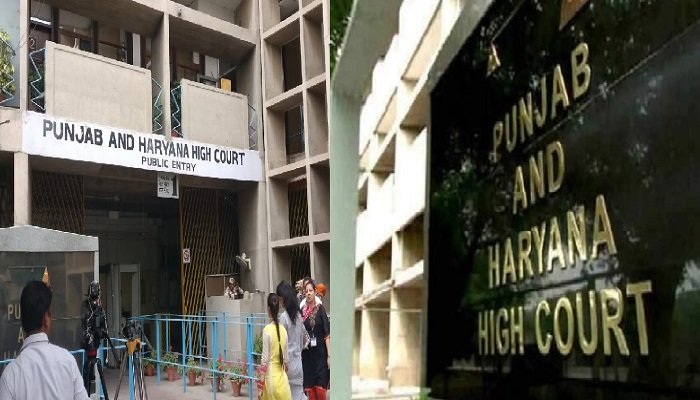The Punjab and Haryana High Court has directed the Senior Superintendent of Police of Chandigarh to consider a plea by two women seeking protection of their life and liberty from their families who disapprove of their intention to solemnize their same-sex relationship.
The women, who are 21 and 24 years old, submitted a plea in March this year before the Chandigarh SSP, expressing their apprehension of the threat to their lives and liberty from their relatives.
The counsel for the women, Dhanvinder Singh Nigha, stated that the petitioners are “well-educated” and are “pursuing private jobs”. The women have been living together in a live-in relationship, but have not been able to solemnize their marriage as same-sex marriage is not legalized in India so far.
The High Court, without commenting on the nature or legality of the relationship amongst the petitioners, has directed the SSP to look into the representation made by the women about their alleged threat perception.
The HC said that the state is duty-bound to ensure the safety of its citizens, and the government cannot shirk from its duty to ensure safety. Justice Gurvinder Singh Gill said that Article 21 of the Constitution of India provides that no person shall be deprived of their life or personal liberty, except according to procedure established by law. In case a citizen has a genuine apprehension of being caused any harm, the same certainly needs to be examined.
Earlier, the Centre had responded to a bunch of petitions filed to seek recognition for same-sex marriage under the law, stating that the legislative understanding of marriage in the Indian statutory and personal law regime refers only to marriage between a biological man and a biological woman. The Supreme Court had referred the bunch of petitions to a five-judge Constitution Bench, stating that the matter raised questions of seminal importance.







